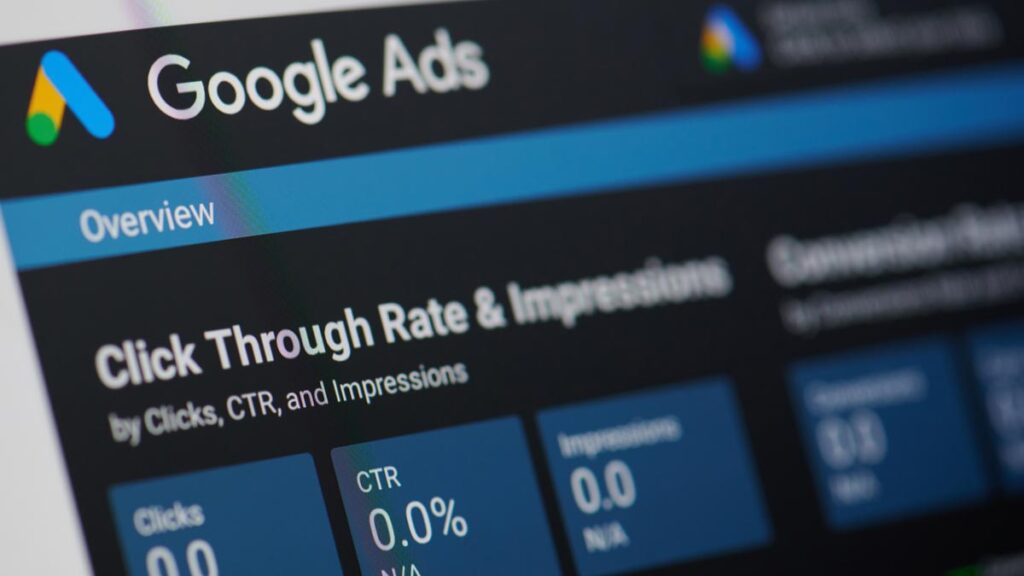Google Offers a New Plan to Replace Third-Party Cookies

After criticism from some industry participants, Google withdrew its proposal for an alternative ad targeting system to third-party cookies.
The company said its new proposal, called Topics, will allow advertisers to target users on its Chrome web browser based on subjects browsed by the end-user.
As such, the plan includes Google blocking tracking cookies in its Chrome web browser by the end of next year, which would prevent advertising companies from logging the websites someone is visiting.
Many parties, including advertisers, website owners, and privacy groups, raised fears over the planned transition, with complaints leading antitrust authorities in the U.S., UK, and elsewhere to watch Google’s plans closely.
In addition, online ad buyers and sellers are weighing successors to the cookies. Options include tracking users by asking for their email addresses to access websites or adopting new technologies that Google, Mozilla, and other browser makers could build into their software.
Google has a solution known as Federated Learning of Cohorts, or FLoC, which continually gathers people into big baskets designed by algorithms based on websites users visited in the last week.
In parallel, advertisers could show ads to a particular desired basket; however, they would not know the individuals in it or their common interest.
But in last year’s tests, some advertisers found FLoC less effective than cookies when choosing users to target. The system carried the risk of exposing an individual’s browsing history, Google product director Vinay Goel said.
Nowadays, companies fear the loss of cookies, making them more reliant on buying ads from Google and Facebook because of their extensive user databases.
The new browser system’s Topics set each user up to 15 baskets out of about 350 human-designed choices, such as “fitness” and “travel,” based on three weeks of browsing.
Goel said browsing is tracked only on websites that enable Topics, and users can disconnect from a topic or turn off the technology altogether. Testing will begin within months, he said.
On another note, a proposed third-party cookie ban in Chrome, intended to come into effect in 2022, was pushed back to 2023. Regarding privacy concerns, the ban was a win, but it was possibly disastrous for the vocal ad industry and has been a source of tension with Google.
Google launched the Privacy Sandbox to balance these concerns, an initiative to create technologies that protect user privacy and give companies and developers tools to build thriving online businesses.
